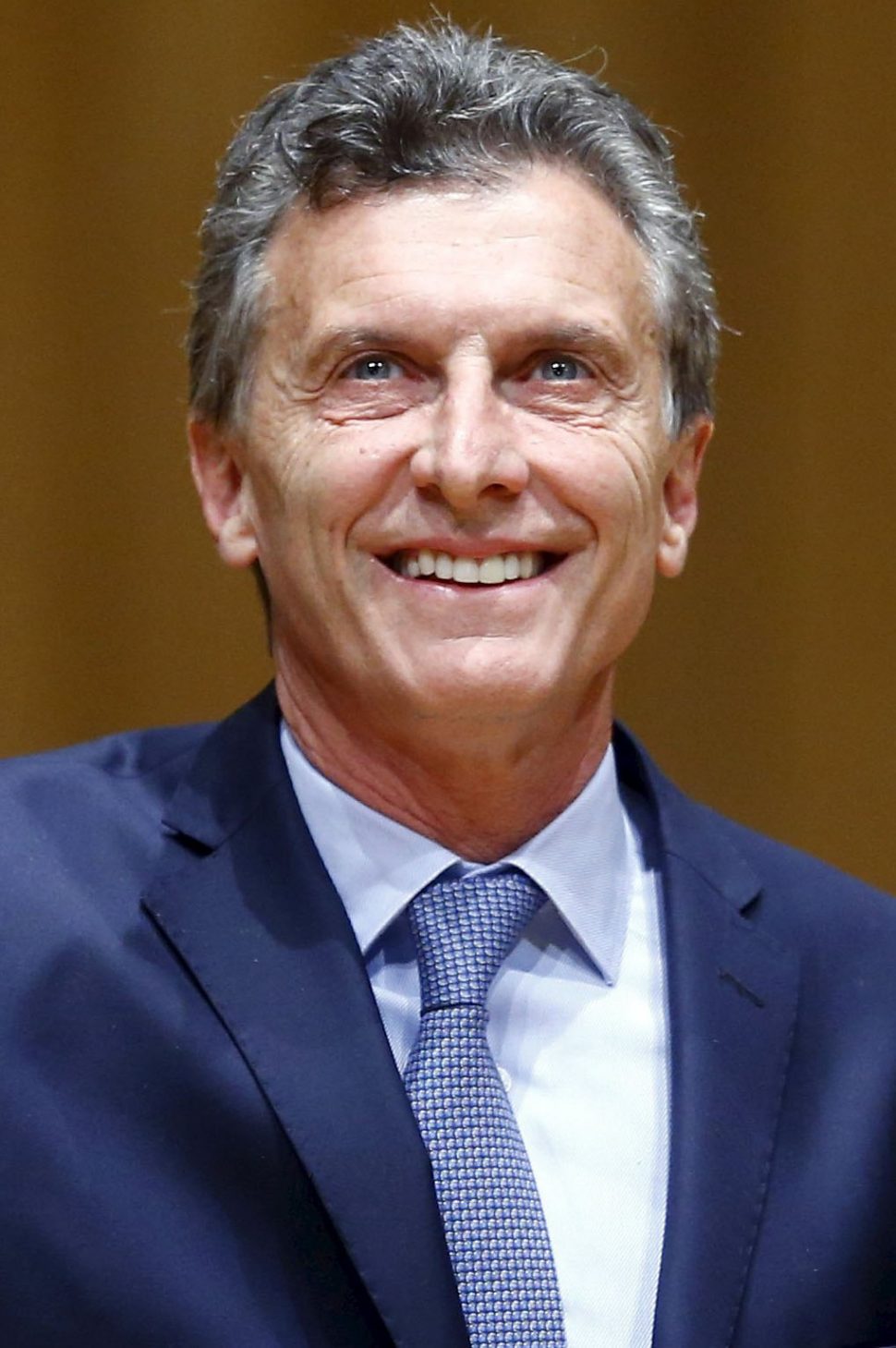BUENOS AIRES, (Reuters) – Argentine voters soundly rejected President Mauricio Macri’s austere economic policies in primary elections yesterday, raising serious questions about his chances of re-election in October, early official results showed.
A coalition backing opposition candidate Alberto Fernandez – whose running mate is former president Cristina Fernandez – led by a wider-than-expected 14 percentage points with 47.1% of votes, with fourth-fifths of ballots counted.
On Sunday, Macri told supporters the primary vote was a “bad election” for his coalition ahead of the official results.
“Recognizing that we have had a bad election, that forces us, starting tomorrow, to redouble our efforts so that in October we will get the support that is needed to continue the change,” Macri said.
“This is something that nobody expected. Nobody had these numbers. All the pollsters have failed.”
Analysts predict a slide in Argentine stock and bond prices when financial markets open on Monday if Fernandez records a lead of more than five to six percentage points – slightly more than the level predicted in recent opinion polls.
There could be an even stronger degree of market volatility if final results show that Fernandez has enough support to clinch the presidency in October’s first round, analysts said.
In order to win the presidency outright, a candidate needs at least 45% of the vote or 40% and a difference of 10 percentage points over the second-place runner. If there is no clear winner, voters will return for a run-off on Nov. 24.
Argentina’s main political parties have already chosen their presidential nominees, allowing the primary to serve as the first concrete measure of voter sentiment after opinion polls showed a narrow margin between Macri and Fernandez.
Voters were given a stark choice, stay the course of painful austerity measures under Macri or a return to interventionist economics.
Fernandez has promised access to free medicines for retirees and better wages for workers while hammering Macri for the uptick in poverty and unemployment.
Re-electing Macri would mean seeing through painful cuts in public spending as part of the $57 billion standby agreement he negotiated with the International Monetary Fund last year.
Yet Macri is hoping some recent glimmers of economic revival are enough to encourage voters to stick with his free-markets reform agenda despite a painful recession and 55% inflation.

